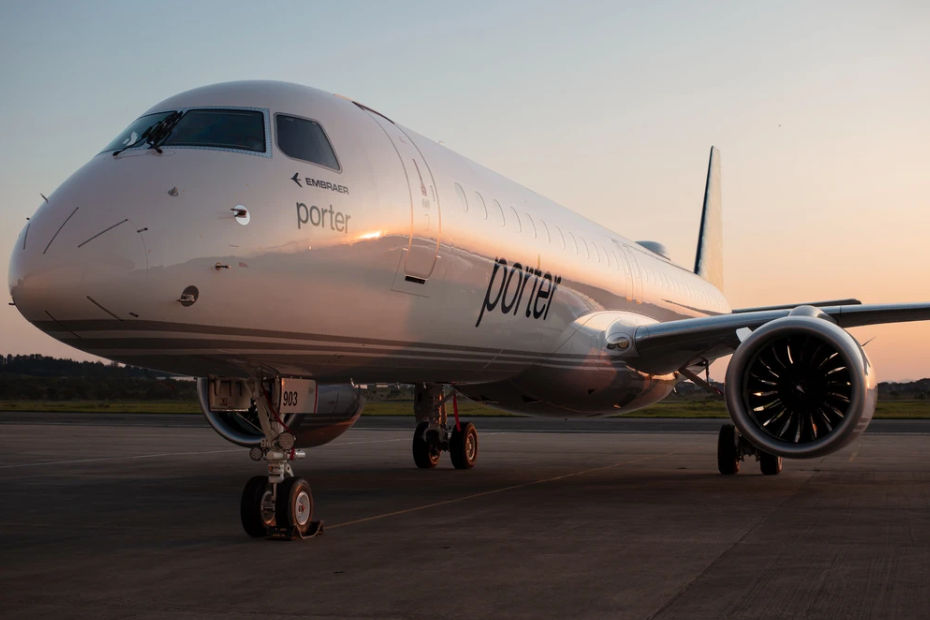United Airlines Places Largest Aircraft Order in Company History for 270 Airbus and Boeing Jets
- Joe Breitfeller

- Jun 29, 2021
- 4 min read
As part of their ‘United Next’ transformation plan, United Airlines has placed an order for 70 Airbus A321neos and 200 additional Boeing 737 MAX Family Aircraft. The order is the largest in the airline’s history and the biggest by a single carrier on over a decade.

On Tuesday (June 29, 2021), United Airlines announced that they have placed the largest combined order for new aircraft in the company’s history, and the largest by any single carrier in the last decade. The order for 270 Airbus and Boeing jets, includes 70 Airbus A321neos and 200 additional Boeing 737 MAX Family airplanes. The order is part of the airline’s ‘United Next’ plan to transform the customer experience on 100% of the remaining mainline standard body fleet. The elevated experience will include a new signature interior, an approximately 75% increase in premium seats per North American departure, larger overhead bins, seatback entertainment at every seat and the fastest onboard Wi-Fi in the industry.
In Tuesday’s announcement, United Airlines’ CEO, Scott Kirby, said,
“Our United Next vision will revolutionize the experience of flying United as we accelerate our business to meet a resurgence in air travel. By adding and upgrading this many aircraft so quickly with our new signature interiors, we'll combine friendly, helpful service with the best experience in the sky, all across our premier global network. At the same time, this move underscores the critical role United plays in fueling the broader U.S. economy – we expect the addition of these new aircraft will have a significant economic impact on the communities we serve in terms of job creation, traveler spending and commerce.”
United’s Boeing 737 MAX Family order includes 150 737-10s, the largest member of the MAX Family and 50 737-8s. Including the new orders, United’s standard body order book with Boeing totals 380 airplanes, of which 30 have already been delivered. Today’s order also includes the purchase of Boeing 737 MAX training simulator data packages to support United’s pilot training program.

In a separate announcement today, Boeing Commercial Airplanes’ CEO, Stan Deal said,
“We are truly humbled by United Airlines' confidence in the people of Boeing and the airplanes we design and build every day. Our strong partnership, dating back to United's founding, has helped us grow and weather challenges through the decades. As we look forward to the recovery ahead, we are honored that United has once again chosen the 737 family's performance, efficiency and flexibility to power their growing network. The Boeing team is excited to be building hundreds of these new jets for United and delivering on a landmark agreement that solidifies our future together for the next decades.”
The Boeing 737 MAX Family of airplanes delivers a reduction in fuel consumption and carbon emissions by at least 14% compared to the airplane it replaces. The 737-8 seats up to 189 passengers and has a range of 3,550 nautical miles, approximately 600 miles farther than its predecessor. The 737-10 can seat up to 230 passengers in a single class configuration and can fly up to 3,300 nautical miles, covering over 99% of standard body routes, including routes previously served by Boeing 757s.
United’s Airbus order includes 70 Airbus A321neos, complementing the carrier’s previous order for 50 Airbus A321XLRs, bringing the carrier’s standard body Airbus order book to 120 A321 aircraft.
In Tuesday’s announcement, Airbus’ Chief Commercial Officer and Head of International, Christian Scherer, said,
“Such a significant order from a great airline like United underscores that the A321neo offers unmatched capabilities, operating economics, and passenger friendliness. No other aircraft can do what the A321neo can do, and the Airbus team is most gratified by United’s strong affirmation of its premium status. The A321neo will complement United’s future A321XLR aircraft, together creating a privileged segment on its own.”
United’s A321neos will feature Airbus’ Airspace cabin design, which includes unique welcome and customizable ‘hero’ lighting, new slimmer sidewall panels for extra personal space at shoulder level, better window views with redesigned bezels and completely integrated window shades, the largest overhead bins in its class, and new lavatories with hygienic touchless features and antimicrobial surfaces. The A321 neo provides superior environmental performance with the lowest CO2 emissions per seat in its class, supporting United Airlines goal to reduce emissions 100% by 2050. A significant number of the newly ordered aircraft will be produced at Airbus’ U.S. manufacturing facility in Mobile, Alabama.
Combined with their current order book, United plans on introducing over 500 new standard body aircraft, with 40 in 2022, 138 in 2023 and as many as 350 in 2024 and beyond. As previously mentioned, the feet transformation will increase the number of United First℠ and Economy Plus® premium seating by over 75% by 2026 compared to 2019, with an average of 53 premium seats per North American departure. United’s 737 MAX 8s are configured with 16 United First and 54 Economy Plus seats, while the airline’s 737 MAX 10s will include 20 United First and 64 Economy Plus seats. The airline expects their A321neos to have a premium seat count similar to the MAX 10. The nose-to-tail transformation of United’s standard body mainline fleet is expected to be 66% complete by 2023 and 99% complete by the summer of 2025.
Source(s): Airbus, Boeing, United Airlines


